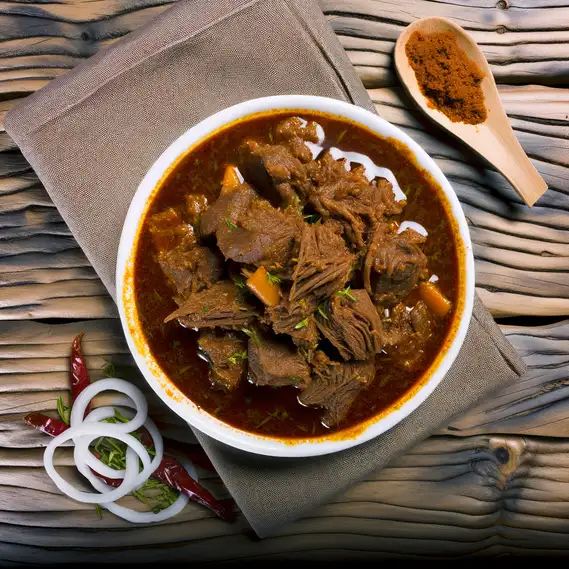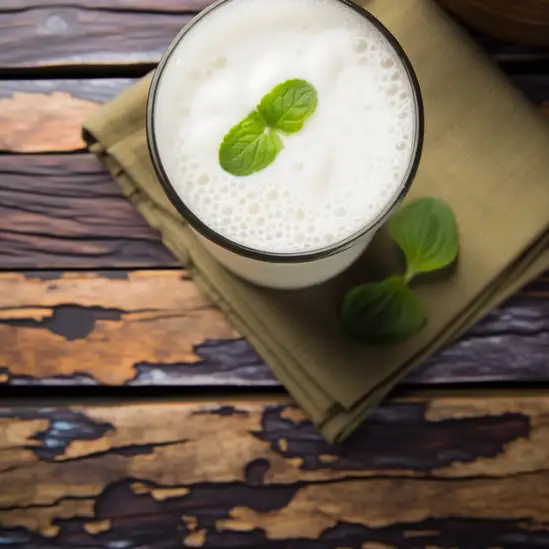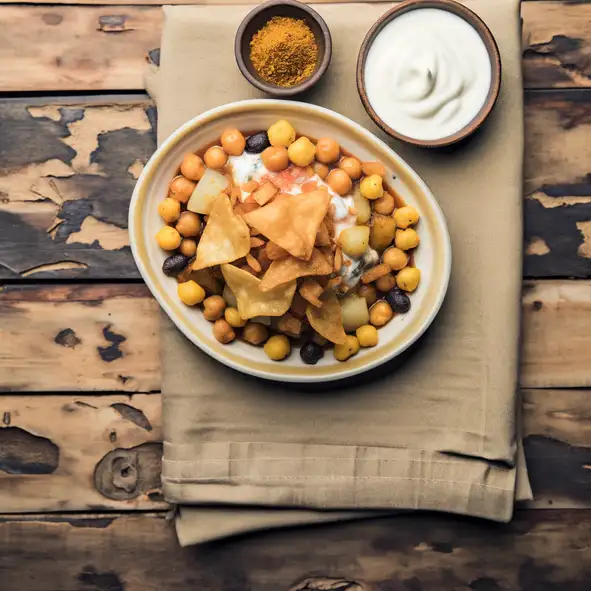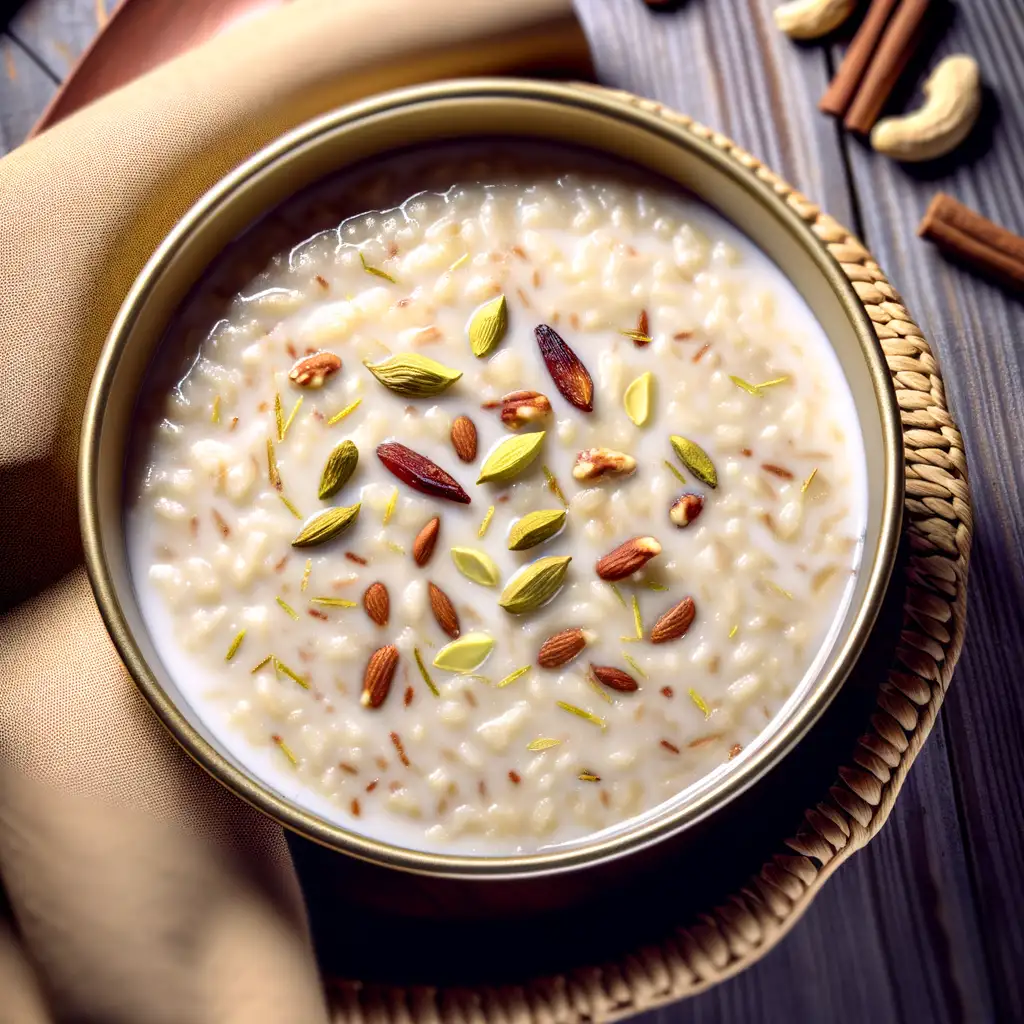



If you ever find yourself wandering through the heart of Pakistan,Multan District is a place that wraps you in warmth and history from the moment you arrive. There’s this timeless rhythm to the city—ancient walls whisper stories of saints and sultans,while the bustling bazaars hum with life and color. Walking through Multan,you’ll catch the scent of spices mingling with the sweet aroma of freshly baked bread,and the air often carries the faint,comforting fragrance of jasmine from nearby gardens. The city’s character is deeply spiritual and vibrant. Multan is known as the City of Saints,and you can feel that reverence in the peaceful shrines scattered around,where locals and visitors alike come to reflect and find calm. But it’s not all quiet contemplation—there’s a lively energy in the markets where vendors call out,selling everything from handwoven textiles to the famous Multani pottery,each piece telling its own story. What really stays with you is the warmth of the people. They’re proud,welcoming,and eager to share their culture,whether it’s through a cup of sweet,milky chai or a plate of rich,flavorful Sohan Halwa that melts in your mouth. Multan isn’t just a place you visit; it’s a place that invites you to slow down,soak in its layers,and leave with a heart full of stories.
The information on this page is currently being reviewed by Tripkliq and should be used as a guide only
Eng word: Hello
Eng pronunciation: Hello
Local language: ہیلو
Eng word: Goodbye
Eng pronunciation: Alvida
Local language: الوداع
Eng word: Thank you
Eng pronunciation: Shukriya
Local language: شکریہ
Eng word: How much
Eng pronunciation: Kinaan
Local language: کناں
Eng word: Toilet
Eng pronunciation: Toilet
Local language: ٹوائلٹ
Eng word: Help me
Eng pronunciation: Madad Karo
Local language: مدد کرو
Eng word: Yes
Eng pronunciation: Haan
Local language: ہاں
Eng word: No
Eng pronunciation: Na
Local language: نہ
Eng word: Excuse me
Eng pronunciation: Maaf Karna
Local language: معاف کرنا
Multan is famously known as the 'City of Saints' due to its rich spiritual heritage and the presence of numerous Sufi shrines and mausoleums, attracting pilgrims and tourists from around the world.
Multan is one of the oldest cities in South Asia, with a history dating back over 5,000 years. It was a prominent center of culture, trade, and religion in the Indus Valley Civilization.
The shrine of Shah Rukn-e-Alam, a 14th-century Sufi saint, is an architectural masterpiece and a major tourist attraction. Its intricate design and spiritual significance make it a must-visit site.
In ancient times, Multan was home to a famous Sun Temple, which was a significant religious site for sun worshippers. Though the temple no longer exists, its historical importance is well-documented.
The Multan Fort, also known as Qila Kohna, is a historic fortress that has witnessed numerous battles and rulers. It offers stunning views of the city and is a testament to Multan's strategic importance.
Multan is renowned for its exquisite blue pottery, a traditional craft that dates back centuries. Tourists can explore local markets to purchase these beautiful handmade ceramics as souvenirs.
The tomb of Bahauddin Zakariya, a revered Sufi scholar and saint, is a significant spiritual and historical site. It showcases stunning Islamic architecture and attracts visitors year-round.
Multan was an important trade hub on the ancient Silk Road, connecting South Asia with Central Asia and the Middle East. Its strategic location made it a melting pot of cultures and commerce.
Multan is famous for its delicious mangoes, particularly the Chaunsa variety. The city's fertile soil and favorable climate make it a leading producer of this 'king of fruits.'
In Multan District, the most common Power Adaptor is Type C, Type D.



A slow-cooked stew made with beef or lamb, Nihari is rich in spices and typically enjoyed with naan or paratha, making it a hearty breakfast option.

A refreshing yogurt-based drink, Lassi is popular in Multan, often served sweet or salty, and is perfect for cooling down in the hot weather.

A popular street food, Multani Chaat is a savory snack made with a mix of potatoes, chickpeas, yogurt, and tangy chutneys, topped with spices.

A traditional rice pudding made with milk, sugar, and rice, Kheer is often flavored with cardamom and garnished with nuts, making it a popular dessert in Multan.

A traditional sweet made from wheat, sugar, ghee, and milk, Sohan Halwa is a famous delicacy of Multan, known for its rich flavor and unique texture.

A flavorful rice dish made with marinated chicken, aromatic spices, and basmati rice, Multani Chicken Biryani is a must-try for biryani lovers.

A dish made from mustard greens, Saag is often cooked with spices and served with makki di roti (corn flatbread), representing the local Punjabi cuisine.
Karachi feels like a city that never quite sleeps,buzzing with an energy that’s both chaotic and captivating. The moment you step out,you’re greeted by a symphony of sounds—the honking of rickshaws weaving through traffic,the distant call of street vendors,and the rhythmic chatter of people bargaining in bustling markets. The salty breeze from the Arabian Sea mingles with the rich aroma of spices and sizzling street food,making your senses come alive in the best way.
What’s truly special about Karachi is its vibrant patchwork of cultures and histories. You’ll find centuries-old colonial architecture standing shoulder to shoulder with modern skyscrapers,while neighborhoods pulse with life—from the colorful stalls of Empress Market to the artistic murals in Clifton. The city’s heart beats in its people,warm and welcoming,always ready to share stories over a cup of chai or a plate of spicy biryani that lingers on your tongue long after the meal.
Walking along the seaside at Clifton,you can feel the city’s contrasts—the cool ocean breeze against the backdrop of a sprawling metropolis. Karachi is messy,loud,and sometimes overwhelming,but it’s also fiercely alive and endlessly fascinating. It’s a place where every corner tells a story,and every meal feels like a celebration. If you’re up for an adventure that’s raw,real,and deeply human,Karachi will surprise you in the best ways.
A rapidly developing port city,Gwadar is famous for its pristine beaches,turquoise waters,and nearby islands like Astola Island,making it a hidden gem for nature and adventure enthusiasts.
ExploreLahore feels like stepping into a living,breathing storybook where every street hums with life and history. The moment you arrive,you’re wrapped in a warm,bustling energy—vendors calling out their wares,the scent of spices and sizzling street food weaving through the air,and the vibrant colors of markets and mosques painting the cityscape. It’s a place where the past and present dance together effortlessly,from the majestic Badshahi Mosque standing proudly against the sky to the lively chatter spilling out of cozy tea stalls.
Walking through Lahore’s old city,you’ll hear the rhythmic clatter of rickshaws mingling with the melodic calls to prayer,while the aroma of freshly baked naan and smoky kebabs pulls you toward the next food stall. The city’s soul is in its people—warm,welcoming,and endlessly proud of their rich culture. Whether you’re savoring a plate of spicy nihari at dawn or wandering the lush Shalimar Gardens,there’s a sense of timelessness that invites you to slow down and soak it all in.
What makes Lahore truly unforgettable is its blend of contrasts:ancient forts beside modern cafes,quiet courtyards tucked away from the city’s lively chaos,and the way every corner tells a story. It’s a city that invites curiosity,where every experience feels like a new chapter waiting to be discovered. Trust me,once you’ve felt Lahore’s pulse,it stays with you long after you leave.
Imagine stepping into a city where modernity gently brushes against nature’s calm embrace—that’s Islamabad for you. The moment you arrive,there’s this fresh,almost crisp air that feels like a deep breath of relief from the usual hustle. The city’s layout is surprisingly serene,with wide,tree-lined avenues and the majestic Margalla Hills standing guard in the background,inviting you to explore their winding trails. You’ll hear the soft rustle of leaves mixed with the distant call of birds,a soothing soundtrack that makes the city feel alive yet peaceful.
Walking through Islamabad,you’ll notice how the architecture blends contemporary designs with subtle traditional touches,reflecting a city proud of its roots but eager to grow. The markets buzz with friendly chatter,the aroma of freshly brewed chai and sizzling street food stalls tempting you at every corner. Don’t miss trying some local delicacies like spicy samosas or the rich,creamy lassi—it’s comfort in a cup. The people here are warm and welcoming,often ready to share stories or recommend their favorite spots.
What really sets Islamabad apart is its balance—a place where you can lose yourself in nature one moment and dive into vibrant cultural experiences the next. Whether you’re wandering through the peaceful Faisal Mosque or catching a sunset over Rawal Lake,there’s a gentle rhythm to the city that stays with you long after you leave. It’s a place that invites you to slow down,breathe,and soak in the simple,beautiful moments.
Imagine stepping into a place where the future meets tradition in the most dazzling way—that’s Dubai for you. The moment you arrive,there’s this electric buzz in the air,a mix of ambition and warmth that’s impossible to ignore. Skyscrapers like the Burj Khalifa stretch into the sky,shimmering glass and steel reflecting the golden desert sun,while just a few streets away,you can wander through bustling souks filled with the scent of exotic spices and the chatter of friendly vendors. It’s a city that never feels cold or impersonal,even with its towering modernity.
Walking along the Marina at sunset,you’ll hear the gentle lapping of water against sleek yachts,the distant hum of conversations in dozens of languages,and the occasional call to prayer weaving through the air,grounding you in the city’s rich cultural tapestry. The food scene is a vibrant adventure—imagine tasting freshly grilled shawarma,sweet dates,and rich Arabic coffee,each bite telling a story of the region’s heritage and its global influences.
What really makes Dubai stand out is its fearless spirit. It’s a place where desert dunes meet luxury shopping,where traditional falconry coexists with indoor ski slopes,and where every corner invites you to explore something unexpected. Whether you’re marveling at art installations in Alserkal Avenue or catching the cool breeze on a dhow cruise,Dubai feels alive,inviting you to be part of its ever-evolving story.
Doha feels like stepping into a vibrant blend of tradition and modernity,where the desert meets the sea in the most unexpected ways. Imagine walking along the Corniche at sunset,the warm breeze carrying the faint scent of spices from nearby souks,while sleek skyscrapers shimmer against the fading light. The city hums with a quiet energy—call to prayers echo softly,mingling with the chatter of locals and the distant hum of luxury cars. It’s a place where the past and future coexist,inviting you to explore both ancient culture and cutting-edge design.
Wandering through the narrow alleys of Souq Waqif,you’ll be enveloped by the rich aroma of frankincense and cardamom,while colorful textiles and handcrafted wares spill from every stall. The lively banter of shopkeepers and the clinking of tea glasses create a warm,welcoming atmosphere that feels deeply personal. Then,just a short drive away,the Museum of Islamic Art stands like a jewel on the waterfront,its architecture as breathtaking as the treasures inside.
What really makes Doha special is its pace—there’s a calm confidence here,a city that’s growing fast but still holds onto its roots. Whether you’re savoring fresh seafood by the water,feeling the soft sand beneath your feet on a desert safari,or simply watching the city lights dance on the bay,Doha invites you to slow down and soak it all in. It’s a place that surprises you,not with loud fanfare,but with quiet moments that linger long after you’ve left.
Tourists are sold fake tickets for entry to popular attractions or events, leaving them unable to access the sites.
Unlicensed money exchangers offer poor exchange rates or shortchange tourists during currency exchanges.
Scammers approach tourists claiming to collect donations for fake charities or causes, often using emotional stories to gain sympathy.
Scammers pose as religious guides at shrines or mosques, charging tourists for blessings or prayers that are not legitimate.
Scammers pose as tour guides and charge tourists high fees for subpar or fake tours, often providing incorrect historical or cultural information.
Vendors in tourist-heavy areas sell low-quality or counterfeit items at inflated prices, targeting unsuspecting tourists.
Crowded areas, bazaars, and shrines are hotspots for pickpockets who target tourists distracted by the surroundings.
Drivers overcharge tourists by taking longer routes or quoting inflated fares, especially if tourists are unfamiliar with local rates.
Street vendors sell counterfeit or low-quality goods, claiming they are authentic or handmade to justify high prices.
Unregistered operators offer cheap tour packages but fail to deliver on promises, leaving tourists stranded or disappointed.
The possession, use, and trafficking of drugs are strictly prohibited under Pakistan's Control of Narcotic Substances Act,1997. Penalties for drug-related offenses are severe and can include long prison sentences or even the death penalty for trafficking. Tourists should avoid any involvement with illegal drugs and be cautious about carrying prescription medications, ensuring they have proper documentation if required.
In Multan District, Pakistan, smoking is regulated under the Prohibition of Smoking and Protection of Non-Smokers Health Ordinance,2002. Smoking is prohibited in public places such as hospitals, schools, public transport, and government offices. Violators may face fines. Tourists should avoid smoking in public areas and look for designated smoking zones to comply with local laws.
Vaping is not explicitly regulated under Pakistani law, but it is generally treated similarly to smoking. Public use of vaping devices may attract attention or be frowned upon, especially in conservative areas like Multan. Tourists are advised to exercise discretion and avoid vaping in public spaces to respect local norms and avoid potential issues.
What are other people saying about Multan District?
Recent Social posts about Multan District
There is nothing to show you for now.